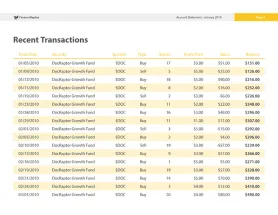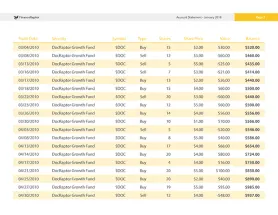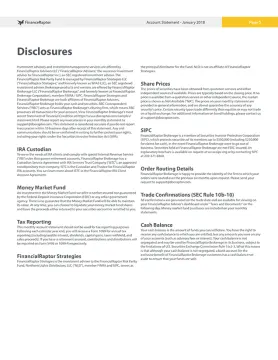Prince
Prince pioneered HTML-to-PDF technology with the first release of PrinceXML in 2003 and has been leading the category ever since. The chairman of Prince (and the inventor of CSS), Håkon Wium Lie, also wrote the first
CSS Paged Media W3C specifications, which enable much of Prince and DocRaptor’s unique functionality. DocRaptor's primary difference versus Prince is our lower starting price point and instant scalability.
Headless Chromium
Google Chrome provides modern CSS and JavaScript support. It's an excellent choice for simple documents or web pages created from complex JavaScript, but its focus on web pages makes Chrome struggle with complex documents with PDF-specific styling, floats, JavaScript, accessibility, etc. The resource usage of web browsers may increase infrastructure and scalability needs, especially when you need to convert multiple web pages quickly.
Other APIs
There are countless HTML-to-PDF API alternatives available on the internet. Most of these online tools are significantly cheaper than DocRaptor, but that's because they're all based on Headless Chrome and generally managed by companies less focused on reliability and security. These other APIs will struggle with complex PDFs.
WeasyPrint
WeasyPrint is the only major HTML-to-PDF library not based on a browser. While it lacks JavaScript support, it does offer more PDF-focused functionality than Headless Chrome. It still falls far behind Prince and DocRaptor's capabilities.
wkhtmltopdf / PhantomJS
Historically, wkhtmltopdf and PhantomJS were the primary open-source libraries to convert web pages into a Portable Document Format (PDF). Now, they're both deprecated, buggy, lacking support for modern CSS, have poor typography, and are a pain to install. Stick with the Headless Chrome-based libraries if you want to convert HTML files with a browser.
We created DocRaptor because we weren’t satisfied with any of the alternatives. It is a terrific HTML-to-PDF API, and likely to be the most cost-effective solution for most conversion projects when you consider the total project cost.












 Adam ValverdeDirector Of Engineering, Virtuous
Adam ValverdeDirector Of Engineering, Virtuous Rory DouglasPresident, Clean Catalog
Rory DouglasPresident, Clean Catalog